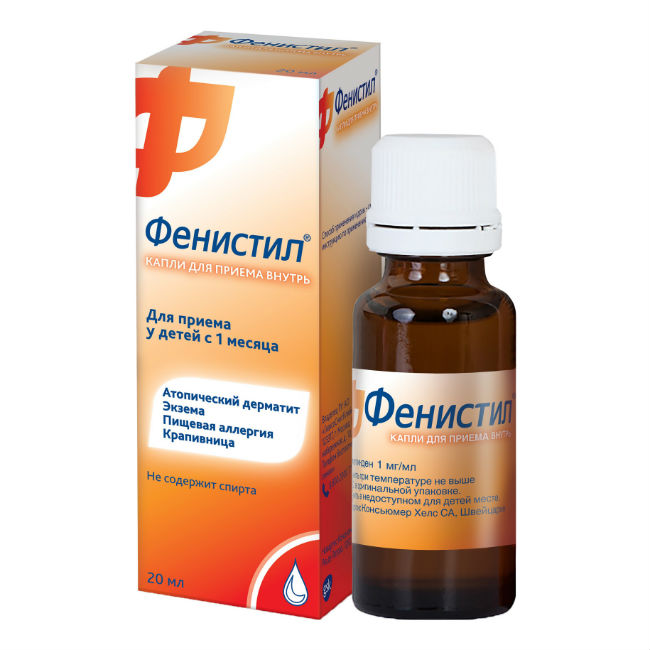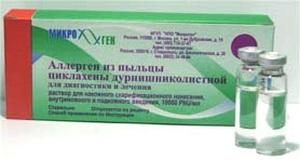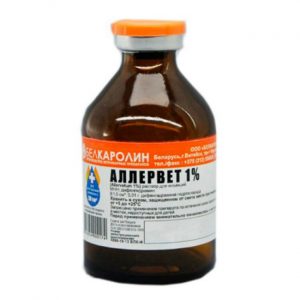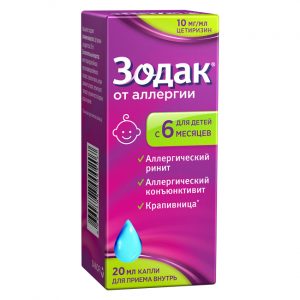Description
Briefly about the product
Fenistil oral drops is an antihistamine oral agent that alleviates skin rash symptoms, reduces itching and irritation with insect bites and skin-allergic reactions. * After getting into the body, the drops begin to work 30 minutes after application. * Advantages * Fenistil drops: – suitable for adults and children from 1 month of age,
– do not contain alcohol and
dyes – provide ease of dosage.
* Instructions for medical use, RU No Ñ-011663/01 of 05/13/2019
Description
Drops for oral administration in the form of a clear, colorless liquid, practically odorless.
Release form
Drops for oral administration.
Pharmacological action of
Histamine H1 receptor blocker, a competitive histamine antagonist.
Has anti-allergic and antipruritic effect. Reduces the increased permeability of capillaries associated with allergic reactions.
It also has anti-bradykinin and weak m-anticholinergic effects. When taking the drug during the day, a slight sedative effect may be noted.
The antihistamine effect begins to manifest 30 minutes after ingestion, reaching maximum severity within 5 hours.
Indications
– allergic diseases (urticaria, hay fever, year-round allergic rhinitis, food and drug allergies, angioedema)
– skin itching of various origins (eczema, other itchy dermatoses / including atopic dermatitis /, itching for measles, rubella, chickenpox, insect bites) srdlp – prevention of allergic reactions during hyposensitizing therapy.
Contraindications
– hypersensitivity to the components of the drug
– angle-closure glaucoma
– bronchial asthma
– prostatic hyperplasia
– children up to 1 month
– I trimester of pregnancy
– lactation.
Fenistil ® should be prescribed with caution to patients with chronic obstructive pulmonary diseases, epilepsy, and children aged 1 month to 1 year (as they may have sedative effects with episodes of nocturnal apnea).
Use during pregnancy and lactation
Fenistil ® is contraindicated in the first trimester of pregnancy and during lactation (breastfeeding).
The use of Fenistil in the II and III trimesters of pregnancy is possible under the supervision of a doctor, only if the expected benefit to the mother outweighs the potential risk to the fetus.
Composition
Active ingredient:
Dimethindene maleate 1 mg in 1 ml (20 drops)
Excipients:
Methyl parahydroxybenzoate (preservative E218).
Ethanol 96%.
Sodium dihydrogen phosphate dihydrate.
Sorbitol liquid (non-crystallizing).
Purified water.
Dosage and administration
The drug is taken orally.
For children aged 1 month to 12 years, a daily dose of 100 mcg / kg body weight is recommended, which is equivalent to 2 drops per kg body weight. The daily dose must be divided into 3 doses.
In children aged 1 month to 1 year, the drug should be used only as prescribed by the doctor and if there are indications for the use of histamine H1 receptor blockers.
For children over 12 years old and adults the recommended daily dose is 3-6 mg (60-120 drops), divided into 3 doses, i.e. 20-40 drops 3 times / day.
Patients prone to drowsiness are advised to prescribe 40 drops at bedtime and 20 drops in the morning.
20 drops = 1 ml = 1 mg of dimethindene.
For elderly patients (over 65), dose adjustment is not required.
Side effects
Determination of the frequency of side effects: very often ( 1/10), often ( 1/100 and <1/10), infrequently ( 1/1000 and <1/100), rarely ( 1 / 10,000 and <1/1000), very rarely (<1/10 000), including individual messages and reactions with an unknown frequency. On the part of the immune system: very rarely – anaphylactoid reactions, including swelling of the face, swelling of the pharynx, rash, muscle cramps and shortness of breath. Mental disorders: rarely – anxiety. From the nervous system: very often – fatigue often – drowsiness, nervousness rarely – headache, dizziness. From the digestive system: rarely – gastrointestinal upsets, nausea, dry mouth, dry throat. If any of the above side effects get worse, or any other side effects appear, the patient should inform your doctor. Drug Interaction Phenistil ® enhances the action of anxiolytics, hypnotics and other drugs that have a depressing effect on the CNS (opioid analgesics, anticonvulsants, tricyclic antidepressants, MA inhibitors) Tricyclic antidepressants and m-cholin blockers (including bronchodilators, antispasmodics) increase the risk of intraocular pressure or urinary retention. Co-administration of antihistamines and procarbazine should be avoided. overdose Symptoms: CNS depression and drowsiness (mainly in adults), CNS stimulation, and m-cholin-blocking effects (especially in children), incl. agitation, ataxia, tachycardia, hallucinations, tonic or clonic convulsions, mydriasis, dry mouth, blood tides to the face, urinary retention, fever, decreased blood pressure, collapse. Treatment: Activated charcoal, salt laxative should be administered to maintain cardiovascular and respiratory function (do not use analeptic). Storage conditions The drug should be stored out of the reach of children, in its original packaging, at a temperature not exceeding 25 ° C. Expiration 2 years. Deystvuyuschee substances Dymetynden pharmacy terms and conditions without a prescription16 p41 pharmacy d17 Over-the-counter Dosage form Dosage form oral drops Novartis Farma Stein AG, Switzerland




